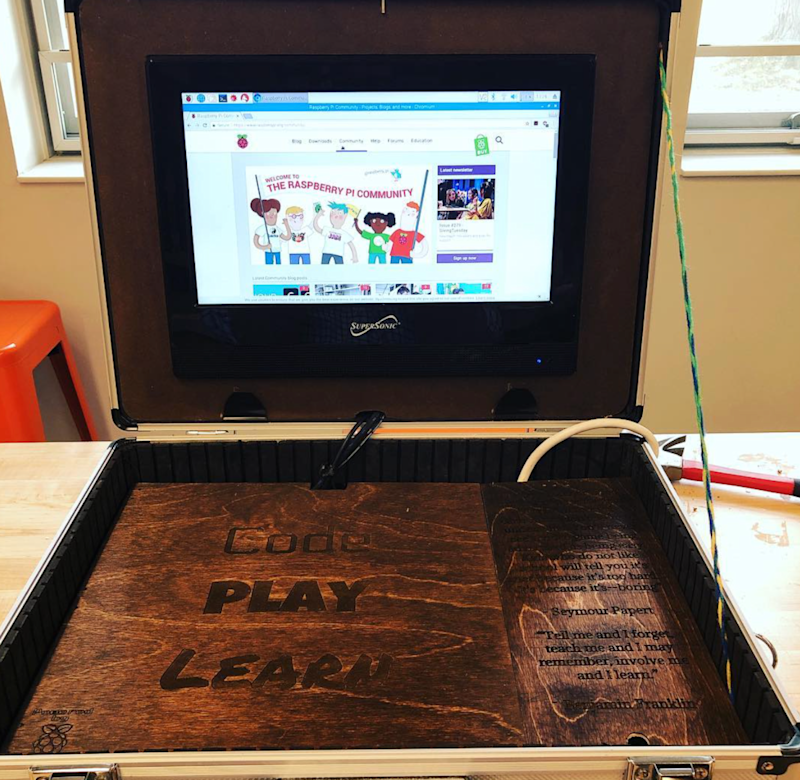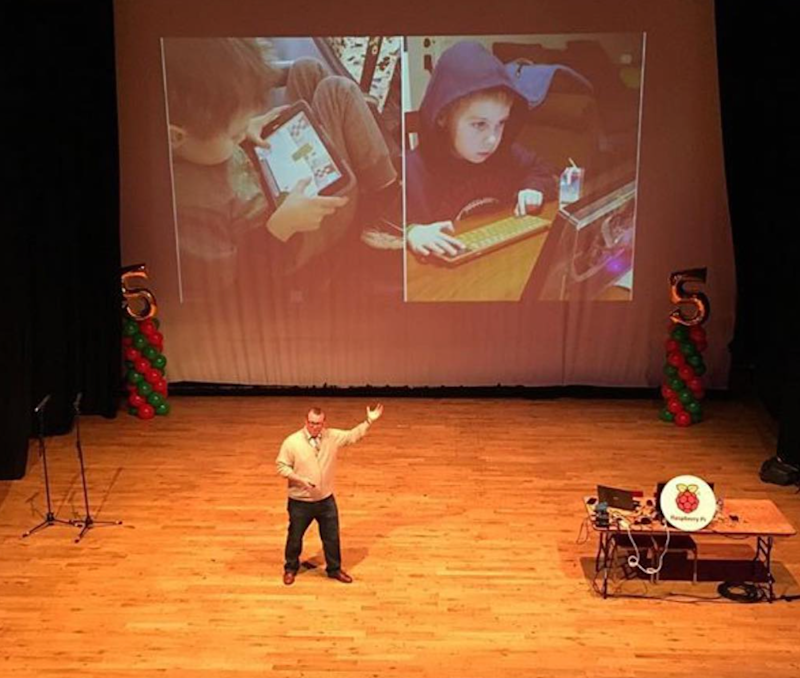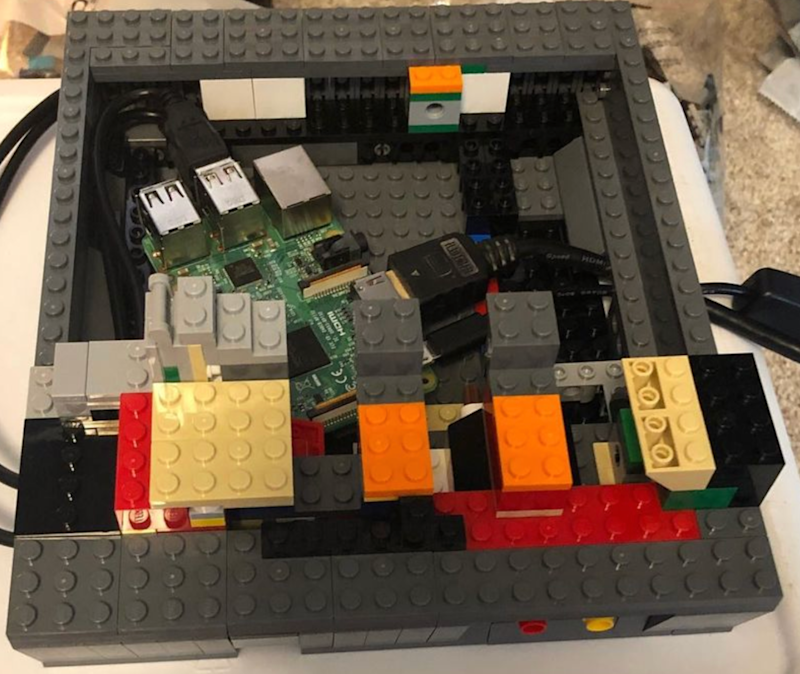When did you decide to become a teacher?
I was first recognized as being neurodivergent (dyslexic) at university. I struggled with reading and writing, but it was something that I still enjoyed and found ways to make happen despite my unknown issues. Once I was able to put a name on it, get the support I needed, and not feel so bad about myself and how I learned, I was able to be successful. A friend suggested I take an intro to education course and see how I liked it. From there, I found my passion in helping students who have a passion for learning, but struggle like I did. I want to support those learners that never matched the perfect learning profile many people expected from students.

When did you learn about Raspberry Pi?
I started a design class for grade 11 and 12 students and we would explore problems in the school and find creative ways to solve them. I had never coded or worked with electronics before, so when a student suggested using Raspberry Pi to create an automated system for students to use to check them in and out of the classroom, I was very intrigued. I dove into Python coding and loved what I saw. The first North American Picademy was announced shortly after the students introduced me to [Raspberry] Pi and I signed up and had one of the very best professional development experiences in my career.

How did you bring Raspberry Pi into class?
I took what I learned from Picademy and explored how project-based learning, with and without Raspberry Pi, can be executed in a technology-based class and my Literature classes. I spent time with my students exploring the different ways Raspberry Pi could be leveraged to solve problems, and how we can code sensors to interact with Raspberry Pi and observe the environment around us and track that data.

“Going to Picademy and learning to code for the first time, and taking that skill into physical computing, is something that will stay with me. Matt Richardson, Carrie Anne Philbin, Ben Nuttall, James Robinson, and others really made an impact on me and how I view instruction and the value of code.”








